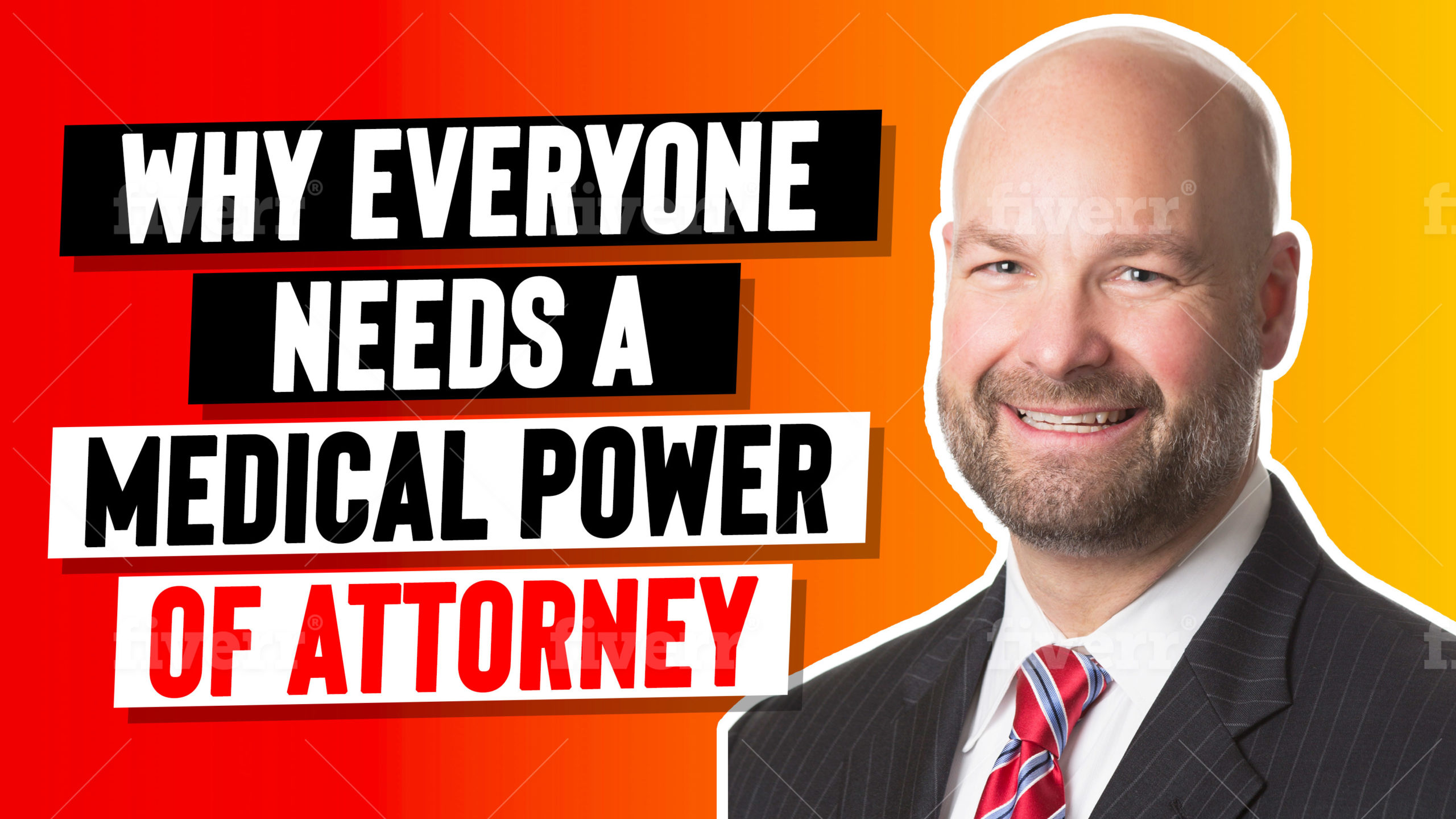We often hear the term “power of attorney” in cases that involve real estate, finances, agency, and the like. But little do we hear about it in the medical industry.
But just because it’s not common doesn’t mean it’s less important. In fact, having a medical power of attorney is a critical part of your key estate planning.
What is a Medical Power of Attorney?
A Medical Power of Attorney is a document that gives the person named the power to make decisions for you if you are not capable of doing so due to your medical conditions.
For example, if you were to have an injury that affects your brain or you fall into a coma, you will not be able to make decisions regarding surgery or medications that could help your recovery. But these major decisions can be made by someone you have given the authority to through a medical power of attorney.
What are the effects of giving someone a Medical Power of Attorney?
If you give someone a medical power of attorney to make decisions on your behalf when you are incapable of doing so, that person will have sole authority to make decisions as to your medical care. They will have the power to agree or disagree to any procedure recommended for your recovery, often allowing you to begin medical procedures immediately.
It’s much better to find yourself in a situation where your care is being directed by someone you trust than in the situation where no one is prepared. When there is no document giving another person the authority to make medical decisions on your behalf, they have to go to court to seek guardianship, which is a long and tedious process that can take weeks — sometimes even months.
Especially in these trying times where the threat of COVID-19 is imminent, you need to consider preparing an estate document called a Medical Power of Attorney. This will put you and your family in a better position in case something were to happen to you.


